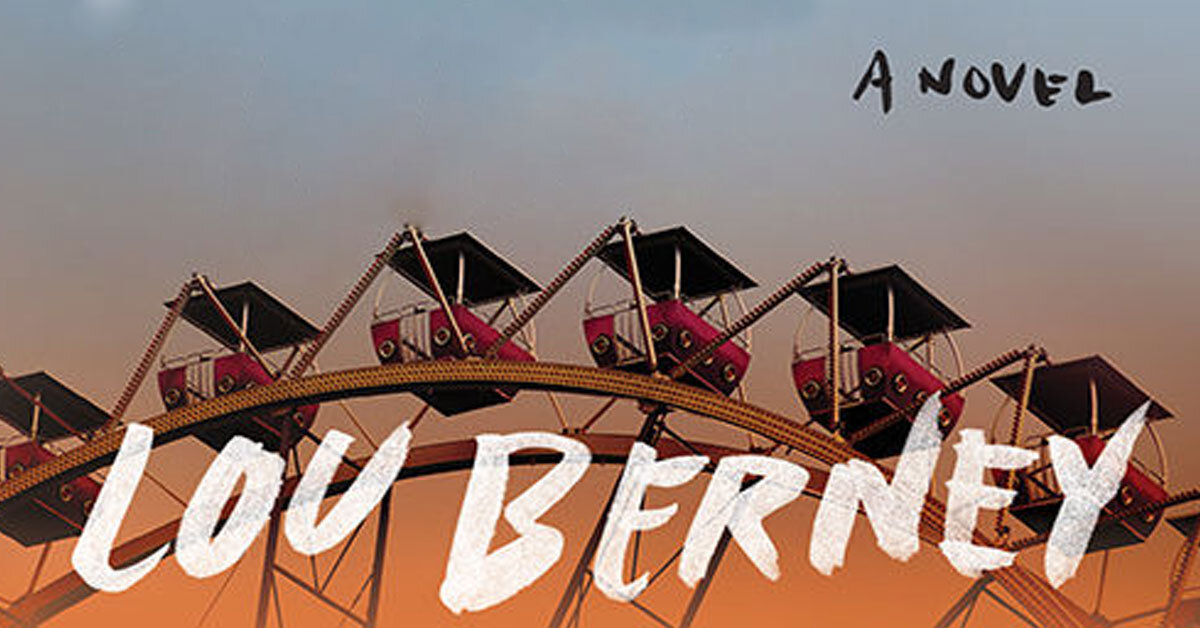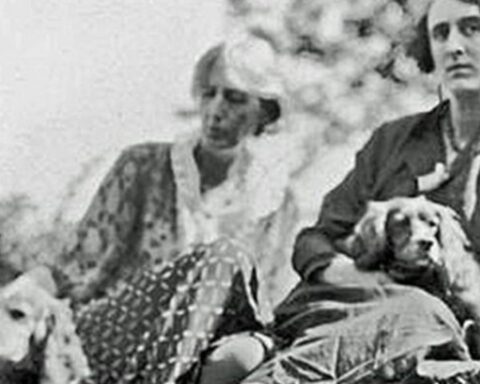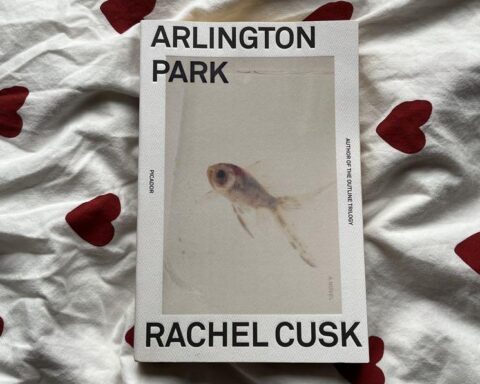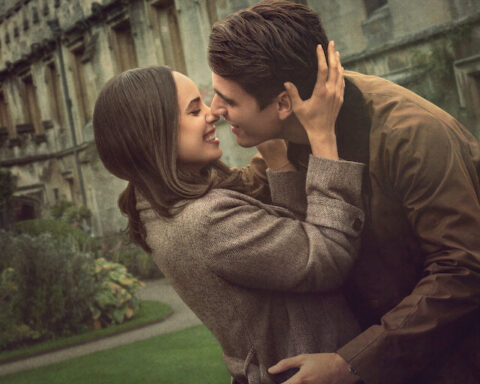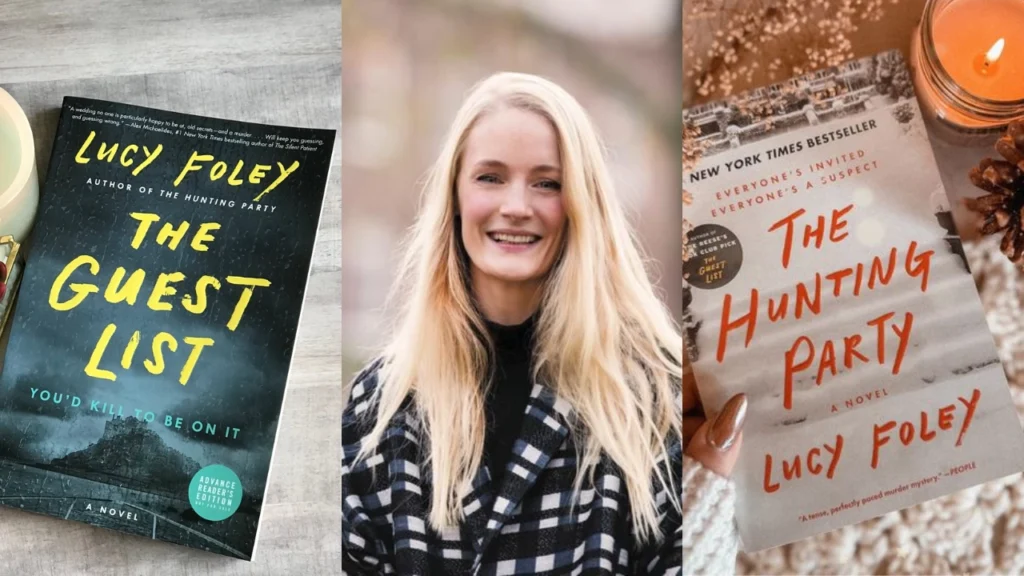Lou Berney’s The Long and Faraway Gone is not just another crime novel—it’s a literary masterpiece that has firmly claimed its place as my favorite crime novel of the last decade, if not the last twenty years. It’s rare to find a book that combines the suspense and tension of a mystery with such profound emotional depth, but Berney has done exactly that. This novel is not just a page-turner; it’s a story that lingers long after the last page is turned, resonating with the reader on multiple levels.
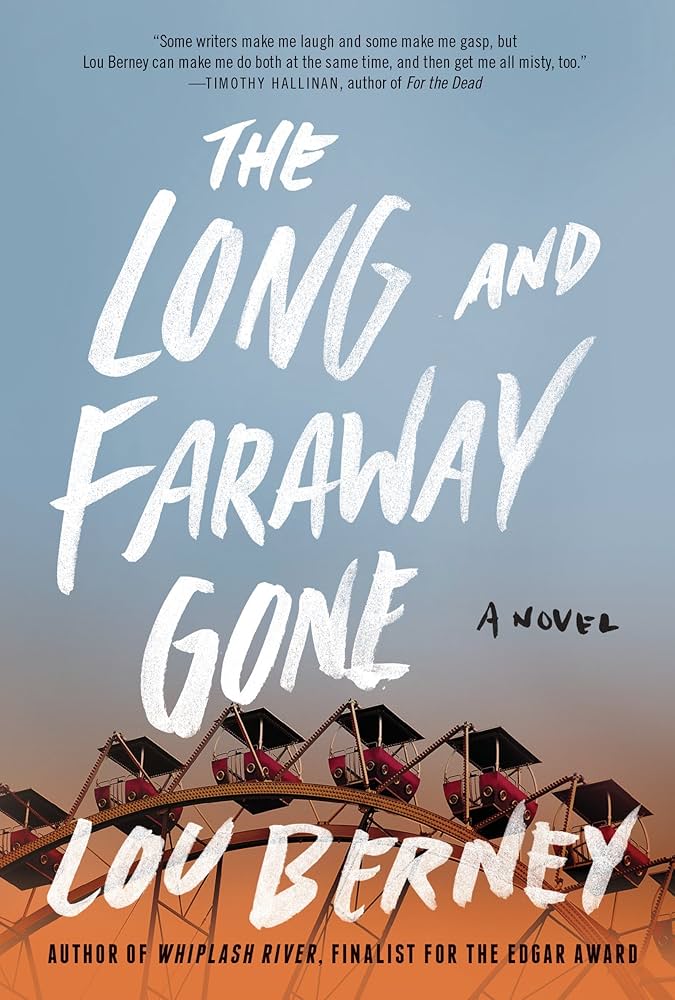
Dual Narratives, Singular Impact
The novel masterfully weaves together two parallel narratives, each rooted in tragedy and loss. In the summer of 1986, a brutal gun massacre at a movie theater leaves only one survivor, while a teenage girl goes missing at the Oklahoma State Fair, never to be seen again. These two events are the catalysts for the stories of Wyatt, the theater massacre survivor who is now a private investigator, and Julianna, the sister of the missing girl. Both are haunted by the unanswered questions and unresolved traumas of that fateful summer.
Wyatt’s story is one of reluctant confrontation with the past. Although he has tried to put the massacre behind him, it remains a heavy burden on his subconscious. When a case brings him back to Oklahoma, he finds himself irresistibly drawn back into the mystery of what really happened that night. Julianna, on the other hand, has spent the last twenty years consumed by the need to know what happened to her sister. Despite years of searching, she has never come close to finding the truth—until now, when a small breakthrough reignites her obsession.
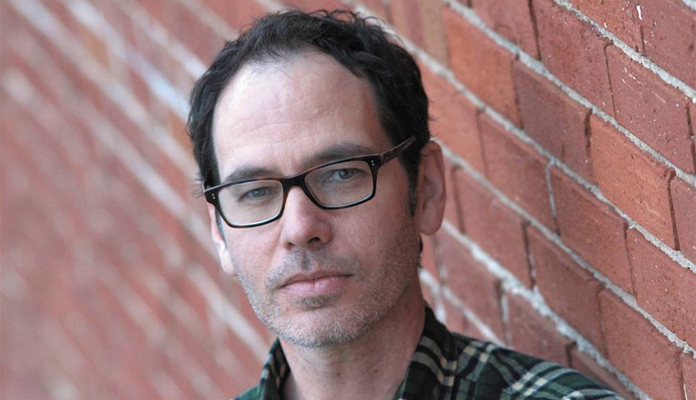
A Subtle, Unconventional Structure
What makes The Long and Faraway Gone truly extraordinary is the way Berney handles these two narratives. Despite the parallel nature of their stories, Wyatt and Julianna never meet. Their paths run alongside each other, occasionally overlapping in location or through shared observations, but they never intersect in a traditional sense. This is a bold narrative choice that defies the expectations of the genre. As a reader, you’re constantly anticipating a moment where the two stories will collide, where the resolution of one mystery will somehow inform the other. But that moment never comes—and that’s precisely the genius of Berney’s storytelling.
This thematic interlocking, rather than a plot-based convergence, adds a layer of complexity and realism to the novel. Life, after all, doesn’t always tie up neatly; not all questions have answers, and not all stories intersect in tidy, predictable ways. Berney’s decision to keep Wyatt and Julianna’s stories separate underscores the novel’s deeper themes of memory, trauma, and the ways in which we cope with the unresolved elements of our pasts.

Literary Ambition Meets Crime Fiction
It’s no surprise that The Long and Faraway Gone won numerous prestigious crime writing awards in the United States. Yet, despite the accolades, it remains somewhat underappreciated by a broader audience. This could be due to the novel’s complexity, its refusal to conform to the more formulaic structures of traditional crime fiction. But it’s precisely this complexity that makes it so special. Berney isn’t just telling a story—he’s crafting an experience that challenges the reader’s expectations and invites deeper reflection.
In the world of crime fiction, there’s often a tension between satisfying the reader with a neatly wrapped-up resolution and pushing the boundaries of the genre to do something new and unexpected. Berney navigates this tension brilliantly. The Long and Faraway Gone doesn’t offer the typical closure one might expect from a mystery novel. Instead, it leaves some questions unanswered, allowing new mysteries to emerge even as others are resolved. This open-ended approach might not satisfy every reader, but for me, it’s one of the novel’s greatest strengths.
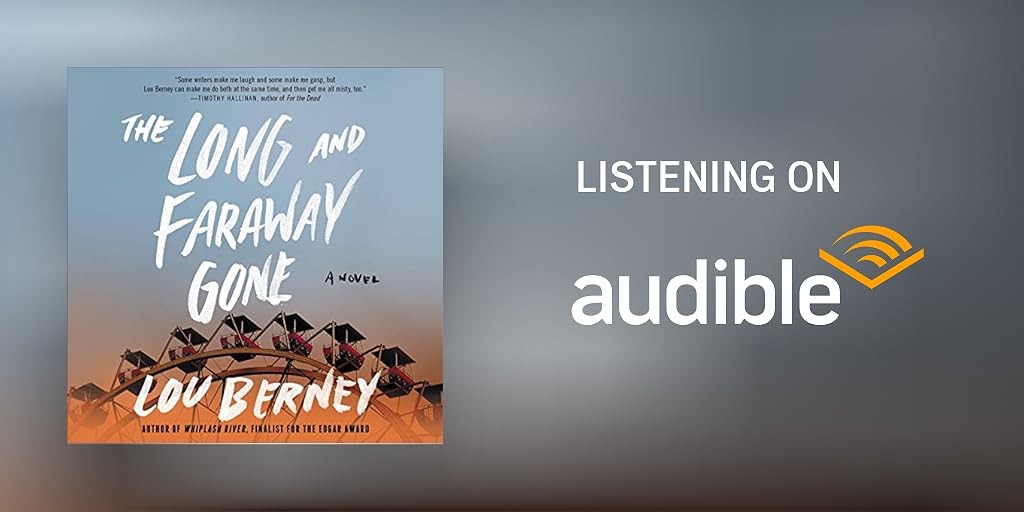
Resonance Beyond Resolution
What resonates most with me about The Long and Faraway Gone is its exploration of how we deal with the ghosts of our pasts. This isn’t a story about justice in the conventional sense—it’s about learning to live with the things we can’t change, the mysteries that remain unsolved, and the people we’ve lost. It’s a story about resilience and the often painful process of moving on, of finding peace even when the past remains unresolved.
As someone who appreciates books with open endings, I found Berney’s approach deeply satisfying. By leaving certain elements of the story open to interpretation, he allows the novel to linger in the reader’s mind long after it’s finished. This kind of narrative is rare in crime fiction, where readers are often accustomed to tidy resolutions. But in The Long and Faraway Gone, the open-endedness feels true to life—and that’s what makes it such a powerful, unforgettable read.
In short, The Long and Faraway Gone is not just a crime novel—it’s a profound meditation on memory, loss, and the human capacity for resilience. It’s a book that defies easy categorization and offers something truly unique, both within the genre and beyond it. Lou Berney may have found greater commercial success with his later works, but this novel, in my view, remains his true masterpiece. It deserves a much wider audience and a place in the pantheon of great crime fiction.
